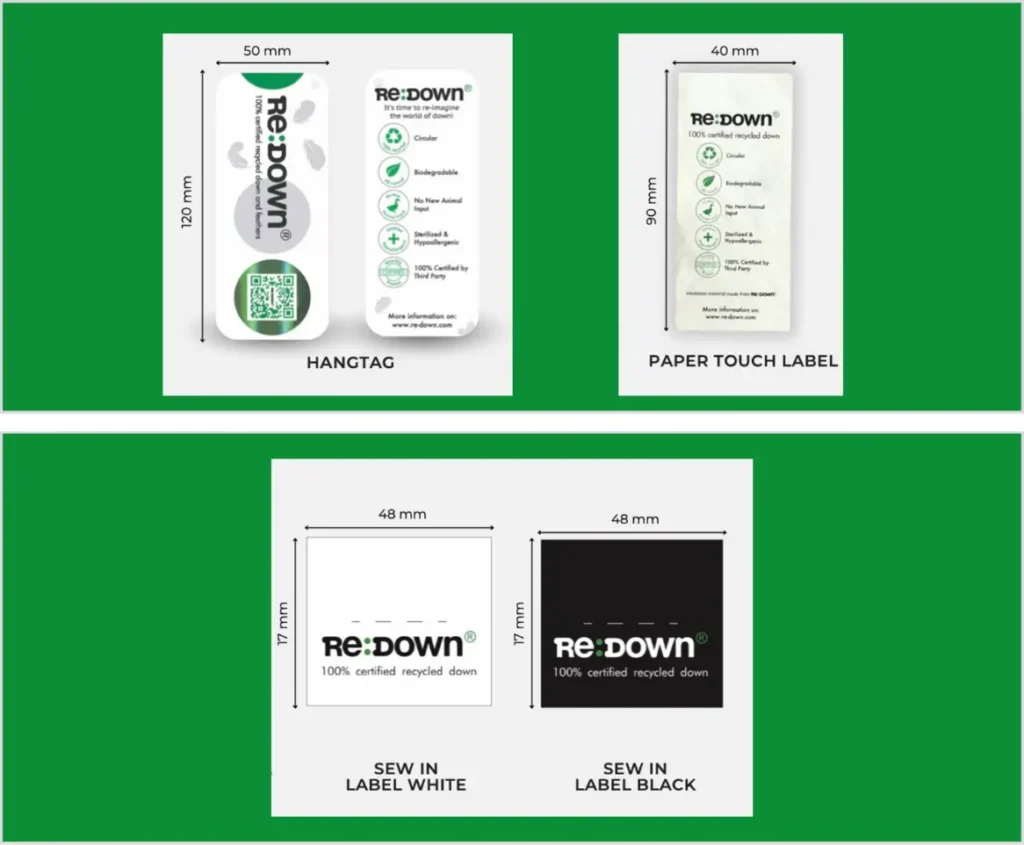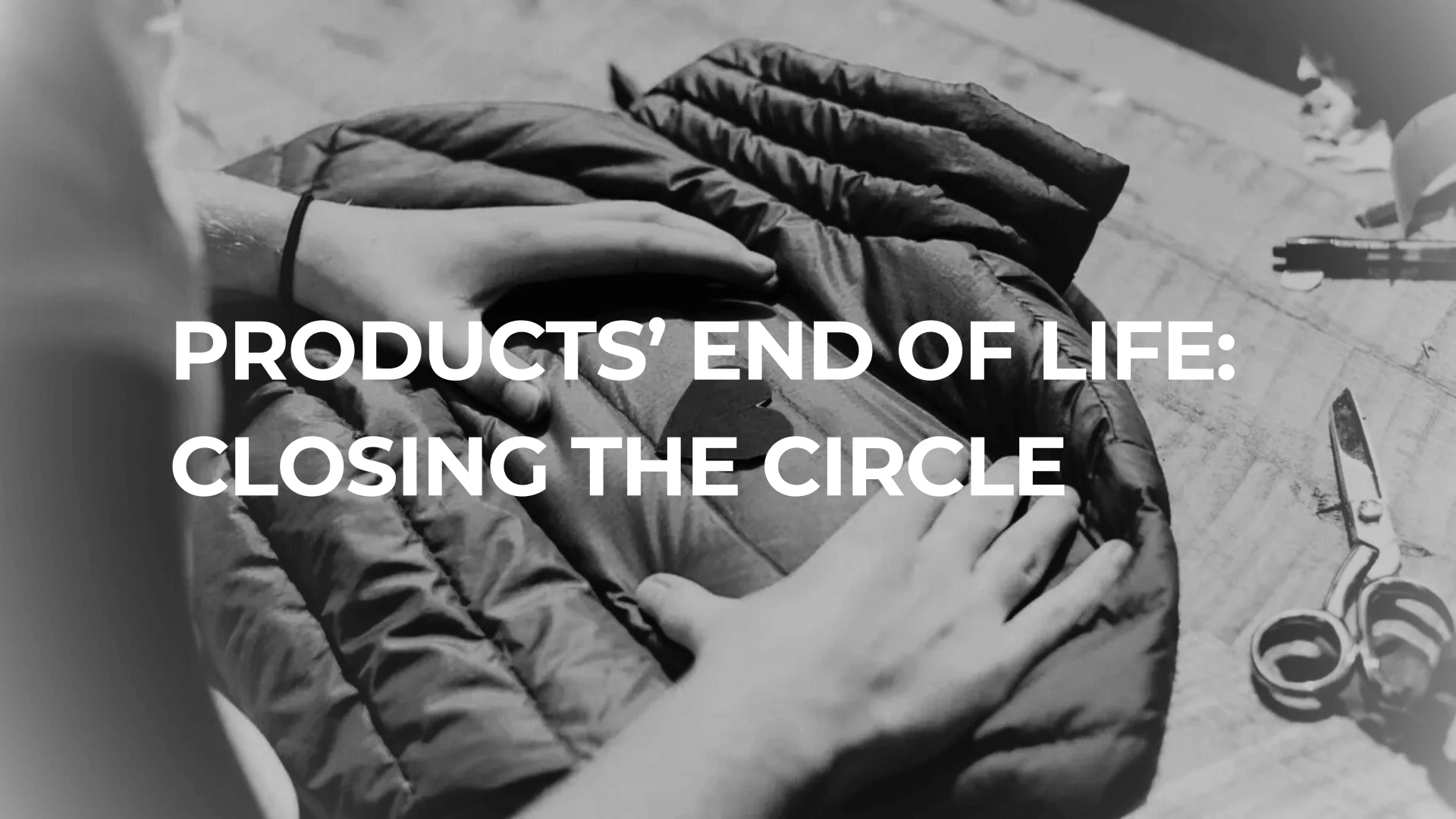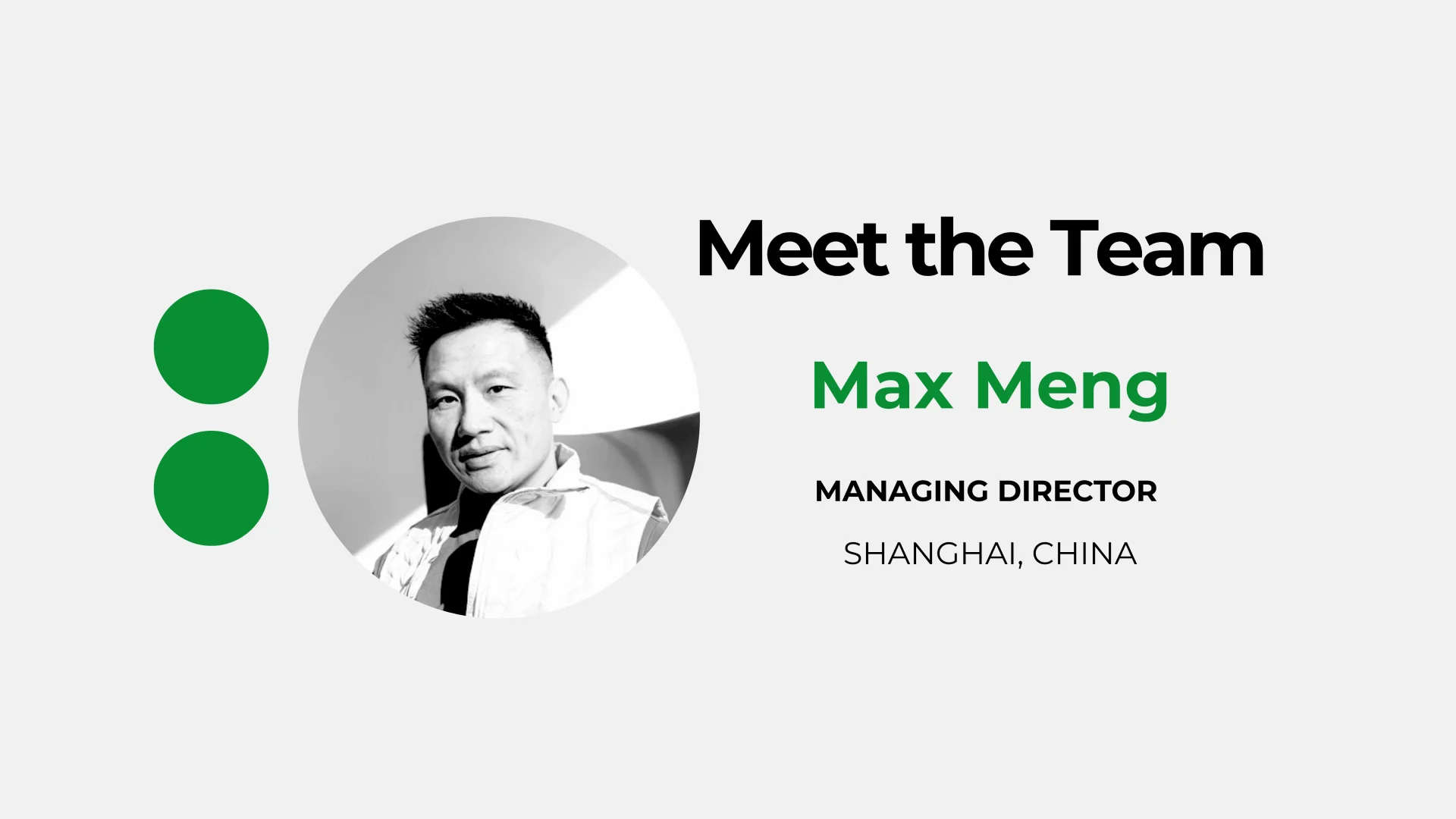- Newsletters
- |
- 2025
- |
- Blogs
- Newsletters
- |
- 2025
- |
- Blogs
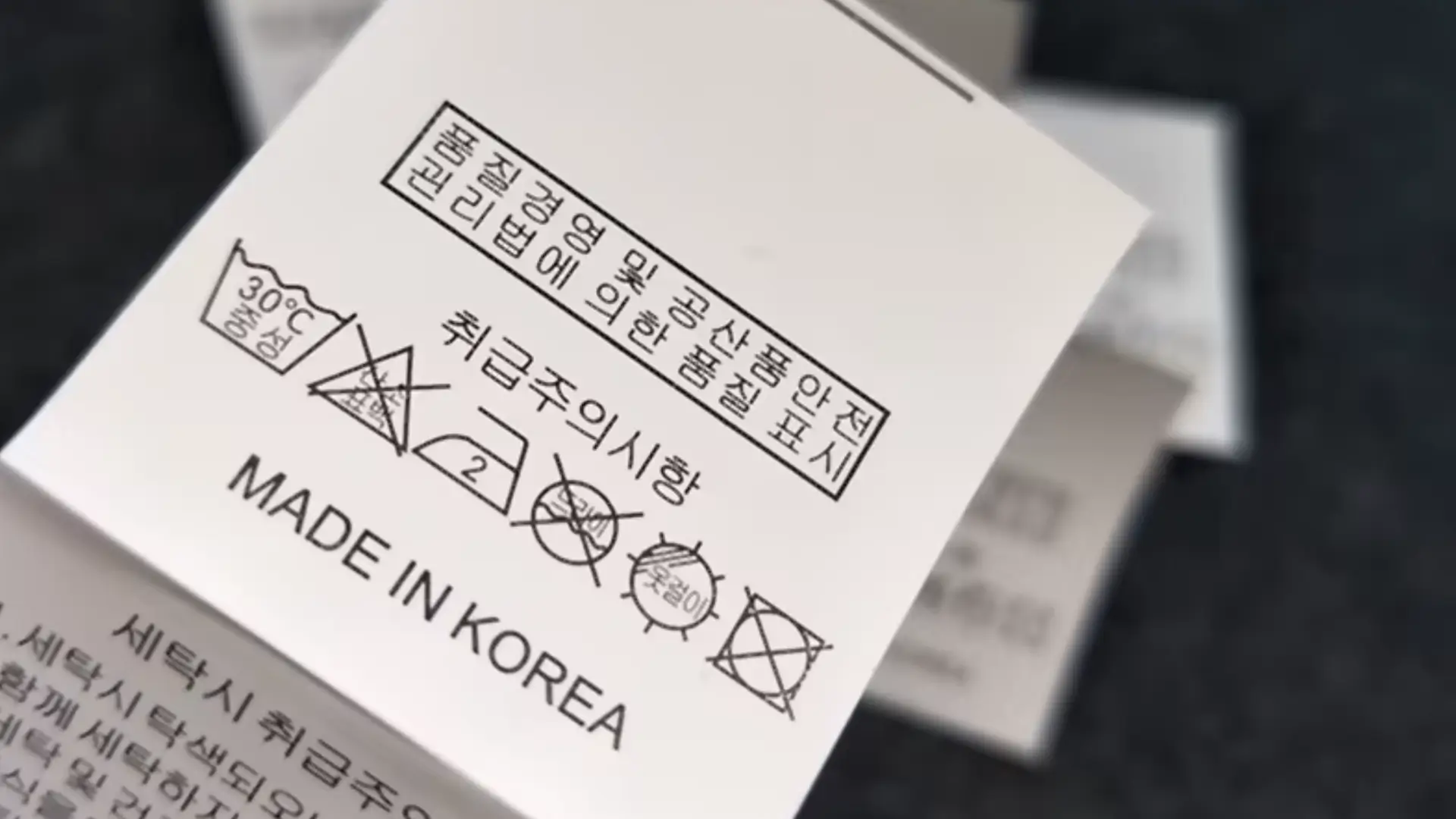
Recycled down new labeling in korea: What industry leaders need to know
As sustainability becomes a core value in the global textile industry, South Korea has taken an important step in regulating the labeling of recycled down products,…
Read more…
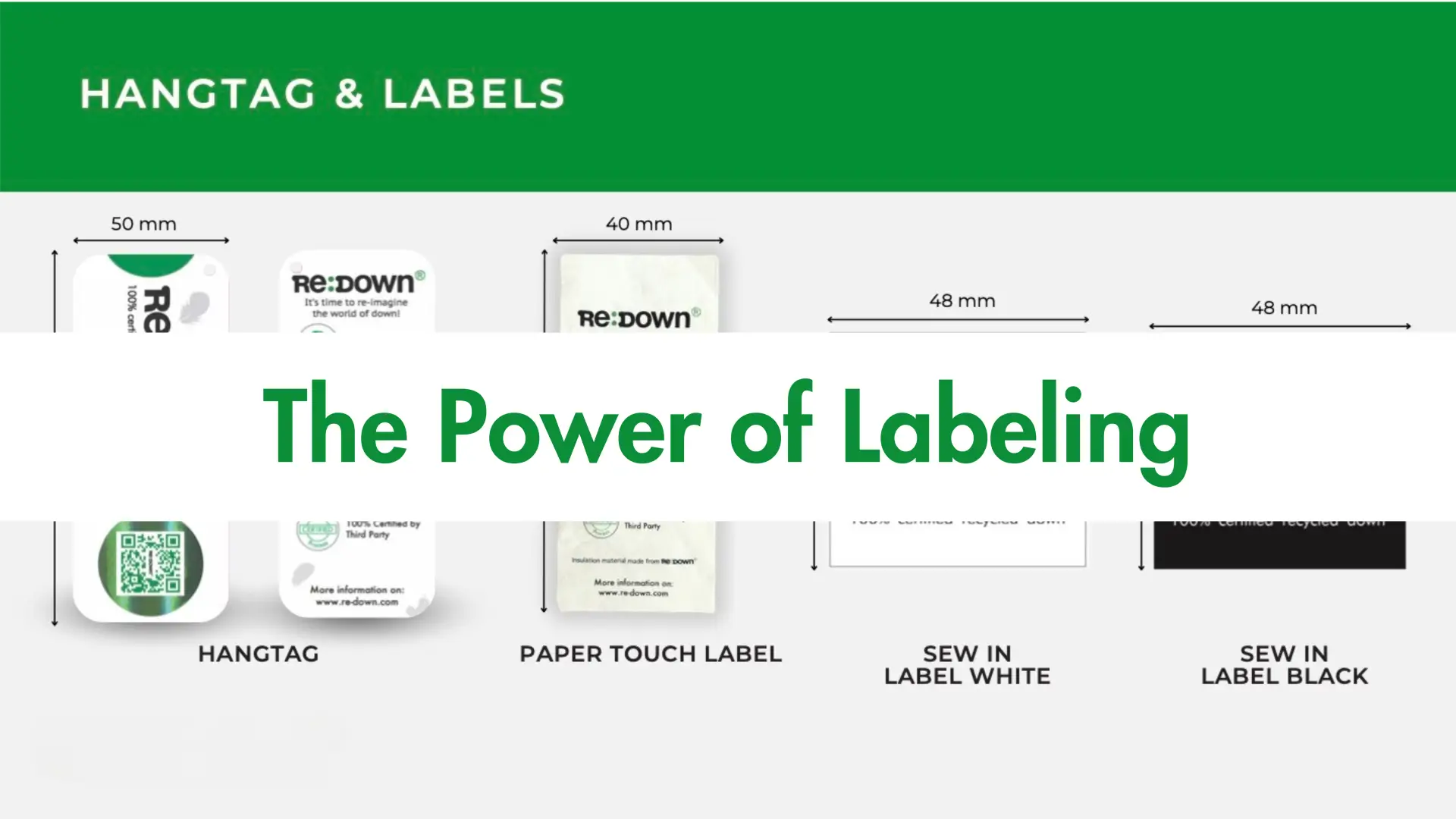
The Power of Labeling: Enhancing Consumer Awareness of Recycled Down
In today’s fashion industry, sustainability is a key priority for both brands and consumers. Effectively communicating sustainable choices through clear …
Read more…
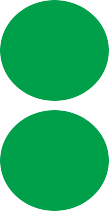
CLOSING THE LOOP: How Germany, Austria and Switzerland are leading the way in textile & down collection
Every year, millions of down-filled products—duvets, pillows, winter jackets—reach the end of their life. But what happens next? Too often, they end up in landfills or incinerators, wasting valuable natural resources.
At Re:Down, we’re on a mission to change that. Across Europe, we partner with collection systems to rescue discarded down products and transform them into high-quality recycled down—giving these materials a second life.
Closing the Loop:
How Germany, Austria, and Switzerland Are Leading the Way in Textile § Down Collection
Every year, millions of down-filled products—duvets, pillows, winter jackets—reach the end of their life. But what happens next? Too often, they end up in landfills or incinerators, wasting valuable natural resources.
At Re:Down, we’re on a mission to change that.
Across Europe, we partner with collection systems to rescue discarded down products and transform them into high-quality recycled down—giving these materials a second life.
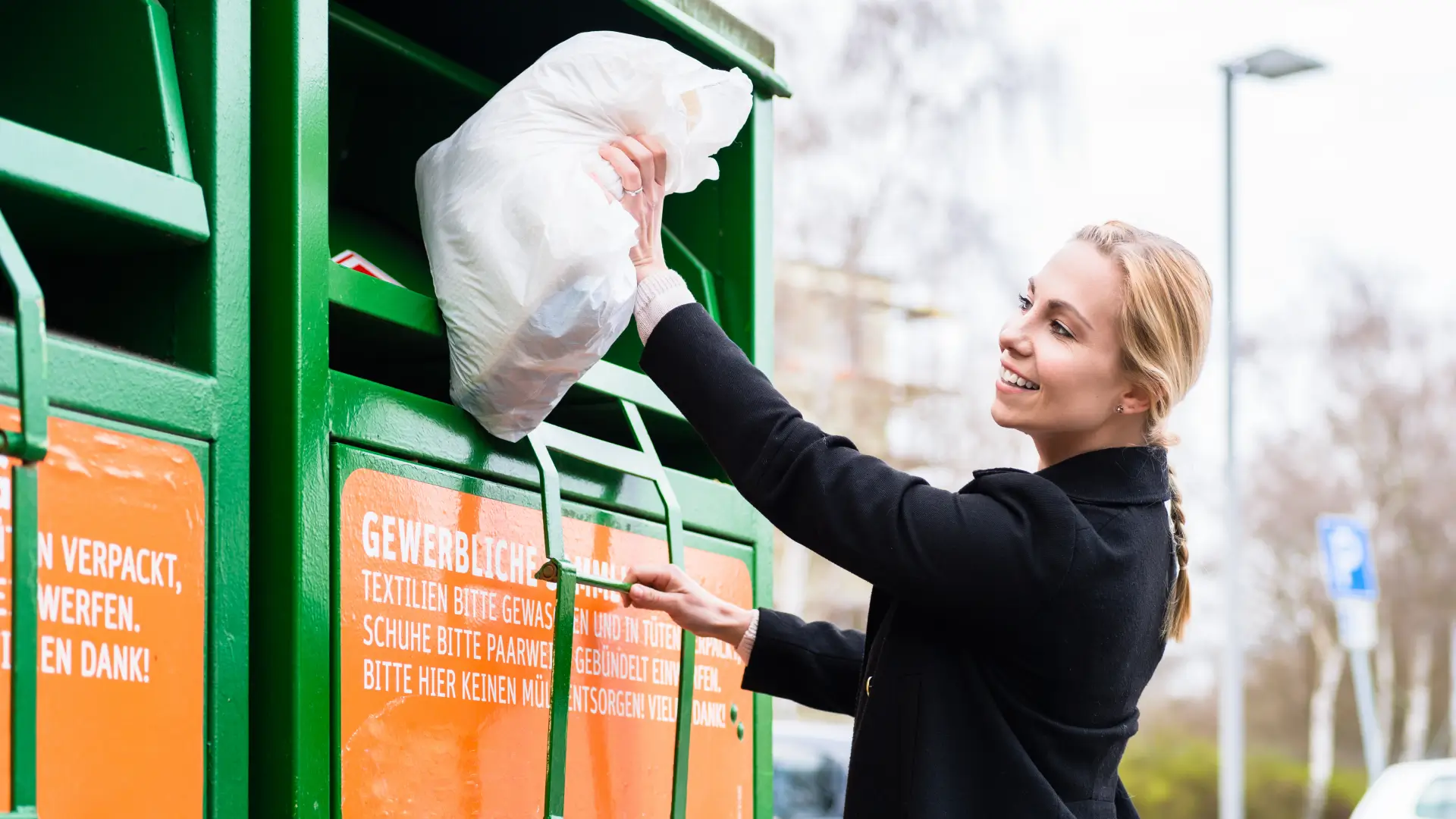
No matter where you live, the first step is the same:
« Letting go of the old to make room for the new ».
But what happens next depends on where you live…
How Down Products Are Collected in Germany, Austria, and Switzerland
Across Europe, countries have developed their own textile waste collection systems, guided by the EU Waste Framework Directive (source: EU Waste Framework Directive ). Among them, Germany, Austria, and Switzerland stand out for their particularly efficient down-recycling efforts. While their approaches share common principles—such as prioritizing reuse, convenient collection systems, and partnerships with brands—each country has developed its own unique strategies.
…
Recycled Down new Labeling in Korea:
What Industry Leaders Need to Know
As sustainability becomes a core value in the global textile industry, South Korea has taken an important step in regulating the labelling of recycled down products. These new legislative changes reflect a broader shift toward environmental responsibility, transparency, and circular economy principles.
A Significant Step Toward Transparency and Sustainability
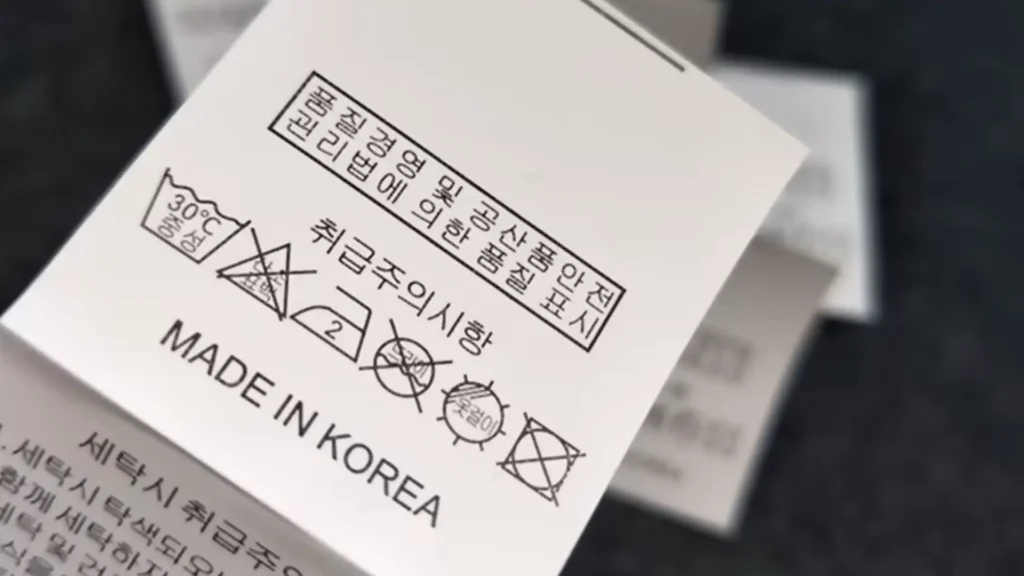
For brands in the sports and fashion industries, understanding these changes is essential—not only to ensure compliance but also to align with evolving consumer expectations for eco-friendly and responsibly sourced materials. Here’s what you need to know about this new regulation and how it will shape the future of recycled down.
Key Legislative Changes: Introduction of “Recycled Down” Labeling
One of the most impactful updates is the official recognition of “Recycled down“ as a distinct category in product labeling. Previously, regulations did not allow the identification of recycled down, limiting brands from transparently communicating their sustainability efforts.
This change supports circular fashion initiatives, allowing manufacturers to highlight the use of high-quality, recycled down in their products while promoting waste reduction and material reuse.
Expanded Labeling Requirements: Transparency for Consumers
Under the new legislation, brands must now specify when a product contains recycled down, ensuring that consumers can make informed, conscious purchasing decisions. This level of transparency strengthens consumer trust and meets the growing demand for authentic sustainability claims in the textile industry.
Simplified Product Categorization: Clarity in Down Labeling
The revised regulations simplify the way down products are categorized, helping consumers better understand product composition. The changes include:
The power of Labeling:
Enhancing Consumer Awareness of Recycled Down
In today’s fashion industry, sustainability is a key priority for both brands and consumers. Effectively communicating sustainable choices through clear and transparent labeling is crucial, as it shapes consumer perceptions and influences purchasing decisions. The type of label—whether paper or woven—can also impact these perceptions, ultimately affecting sales.
Why Labeling Matters for Recycled Down Apparel?

Labels serve as a vital tool for brands to communicate a garment’s materials, origin, and care instructions. For products made with recycled down, labeling becomes even more significant, as it demonstrates a brand’s commitment to sustainability. Transparent labeling educates consumers on the benefits of recycled materials, fosters trust, and aligns with the increasing demand for eco-friendly fashion.
Research highlights that consumer attitudes toward apparel shopping play a major role in their willingness to pay a premium for sustainable products. Recognizable ecological and ethical labels enhance product appeal and encourage sustainable purchasing decisions. (Source: Springer Research)
Paper vs. Woven Labels: How They Shape Consumer Perception
The choice between paper hang tags and woven labels can influence how consumers perceive the quality and sustainability of a garment.
Studies suggest that hang tags emphasizing social responsibility positively influence …
Upcoming trade fairs
Portland – London
We will be attending 2 major fairs in the coming months: Functional Fabric Fair in Portland and Future Fabrics Expo in London.
We look forward to meeting you.
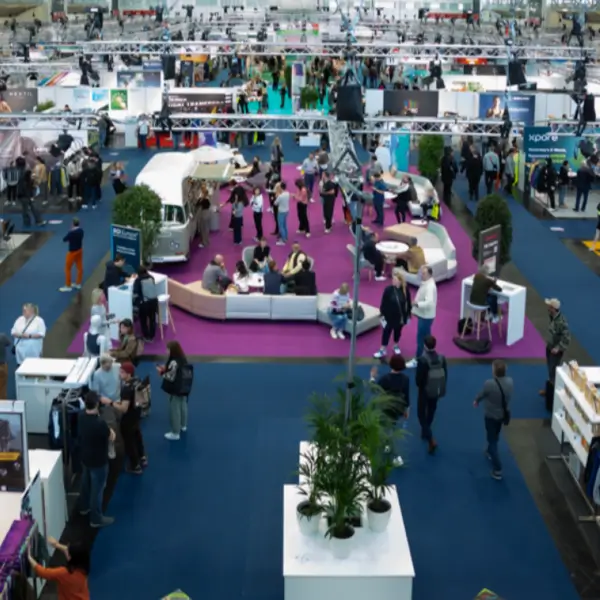
Posted on March 31, 2025
